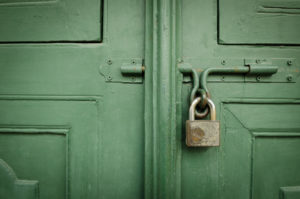 Several years ago I wrote an essay and made a two-part video describing the family system as a cult. The idea for these came to me during my process of breaking away from my own family of origin, when it dawned on me that what I was going through bore an uncanny resemblance to stories I had heard from people leaving conventionally-defined cults. I have since heard similar stories from others who have broken away from their families of origin: stories of being defamed, belittled, manipulated, pathologized, scapegoated, and shunned.
Several years ago I wrote an essay and made a two-part video describing the family system as a cult. The idea for these came to me during my process of breaking away from my own family of origin, when it dawned on me that what I was going through bore an uncanny resemblance to stories I had heard from people leaving conventionally-defined cults. I have since heard similar stories from others who have broken away from their families of origin: stories of being defamed, belittled, manipulated, pathologized, scapegoated, and shunned.
Over the years I have thought more about my idea of the family system as a cult. In line with that, I wish to test the idea from a different angle, and a more critical one, by seeing if the family system fits the Cult Information Centre’s definition of a cult. Continue reading



 caused us, then we remain emotional children forever—and still retain the terror of being rejected by them. This can be a fear worse than death. As such, many people use unconscious mental techniques to avoid holding their abusive parents responsible. Here are seven of these techniques:
caused us, then we remain emotional children forever—and still retain the terror of being rejected by them. This can be a fear worse than death. As such, many people use unconscious mental techniques to avoid holding their abusive parents responsible. Here are seven of these techniques: